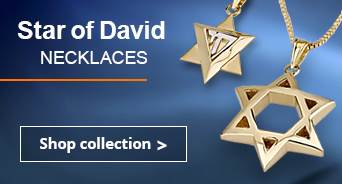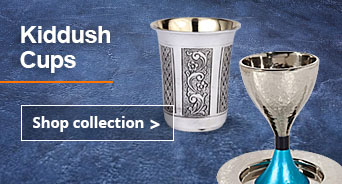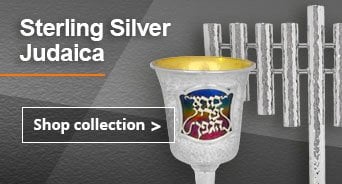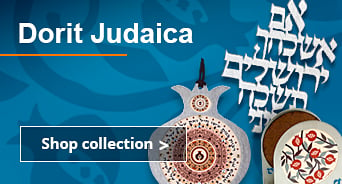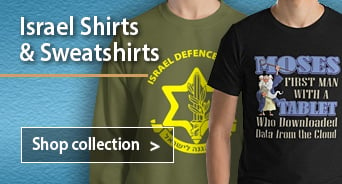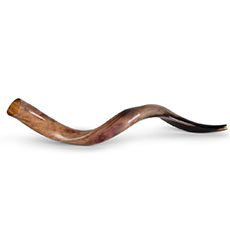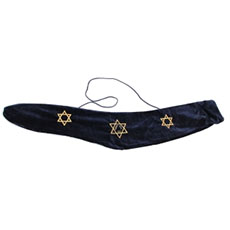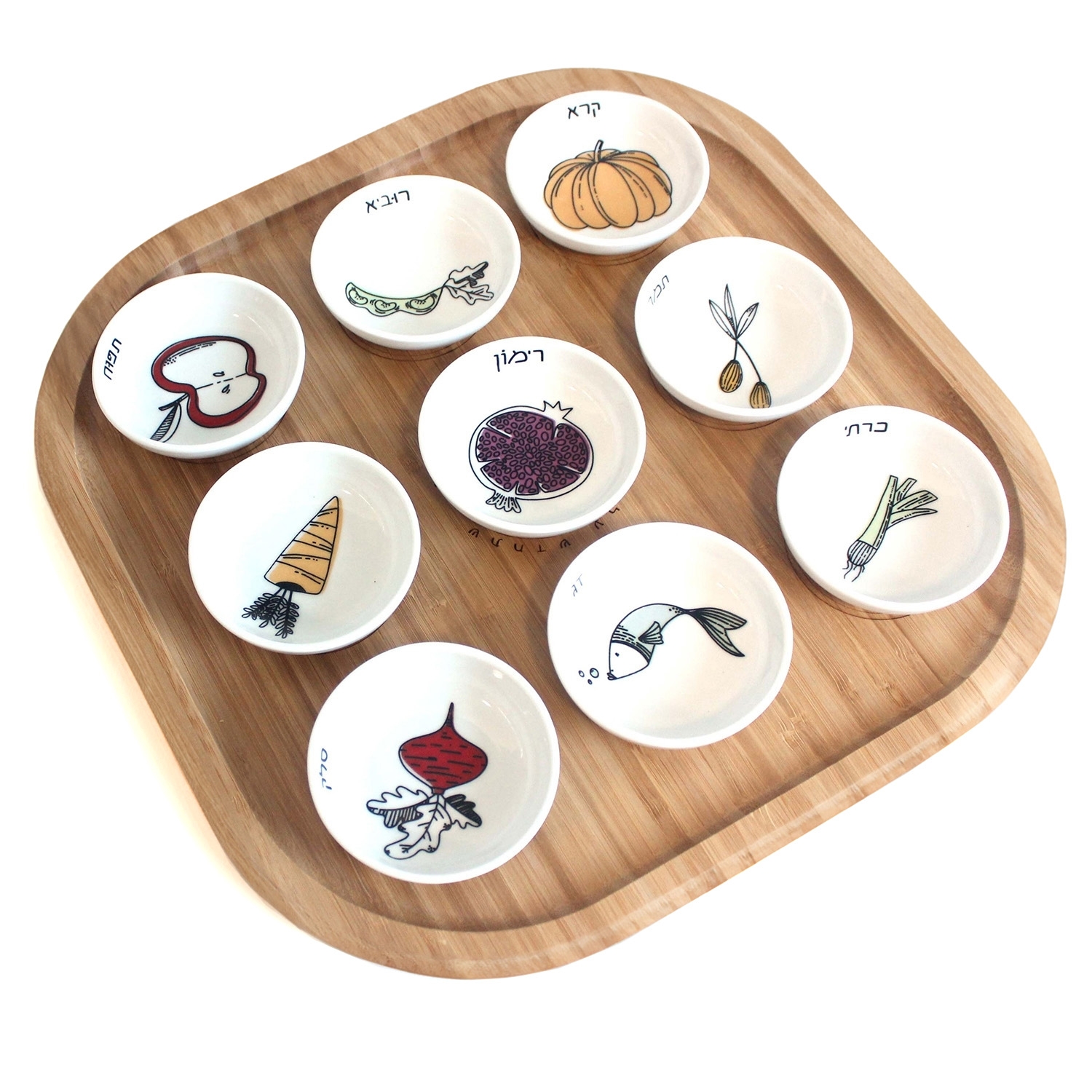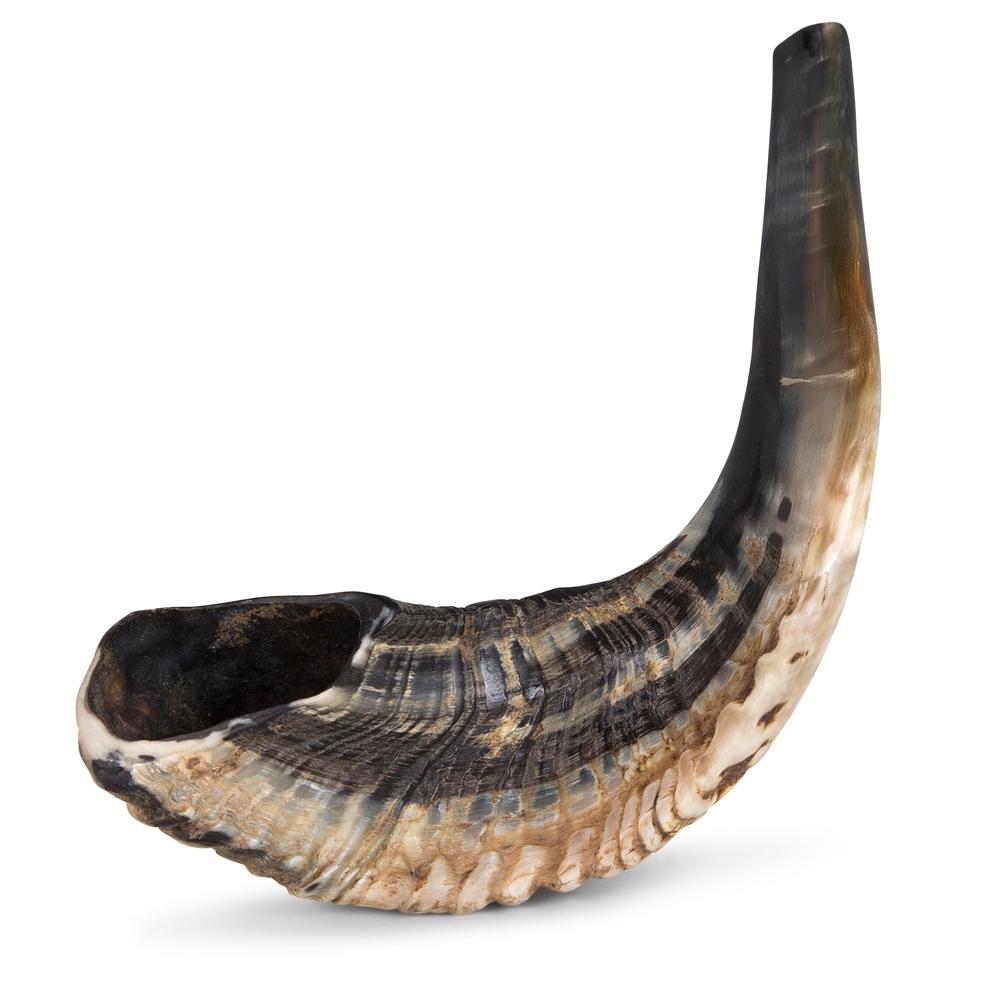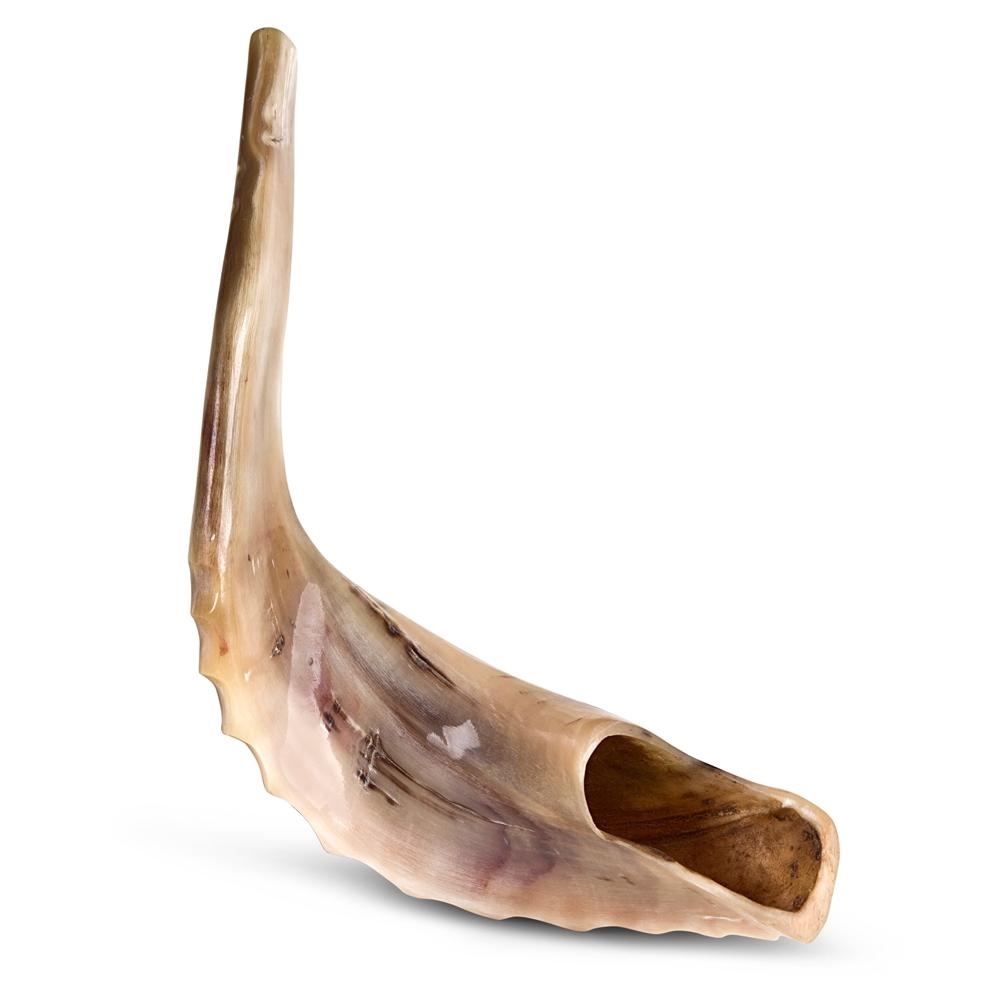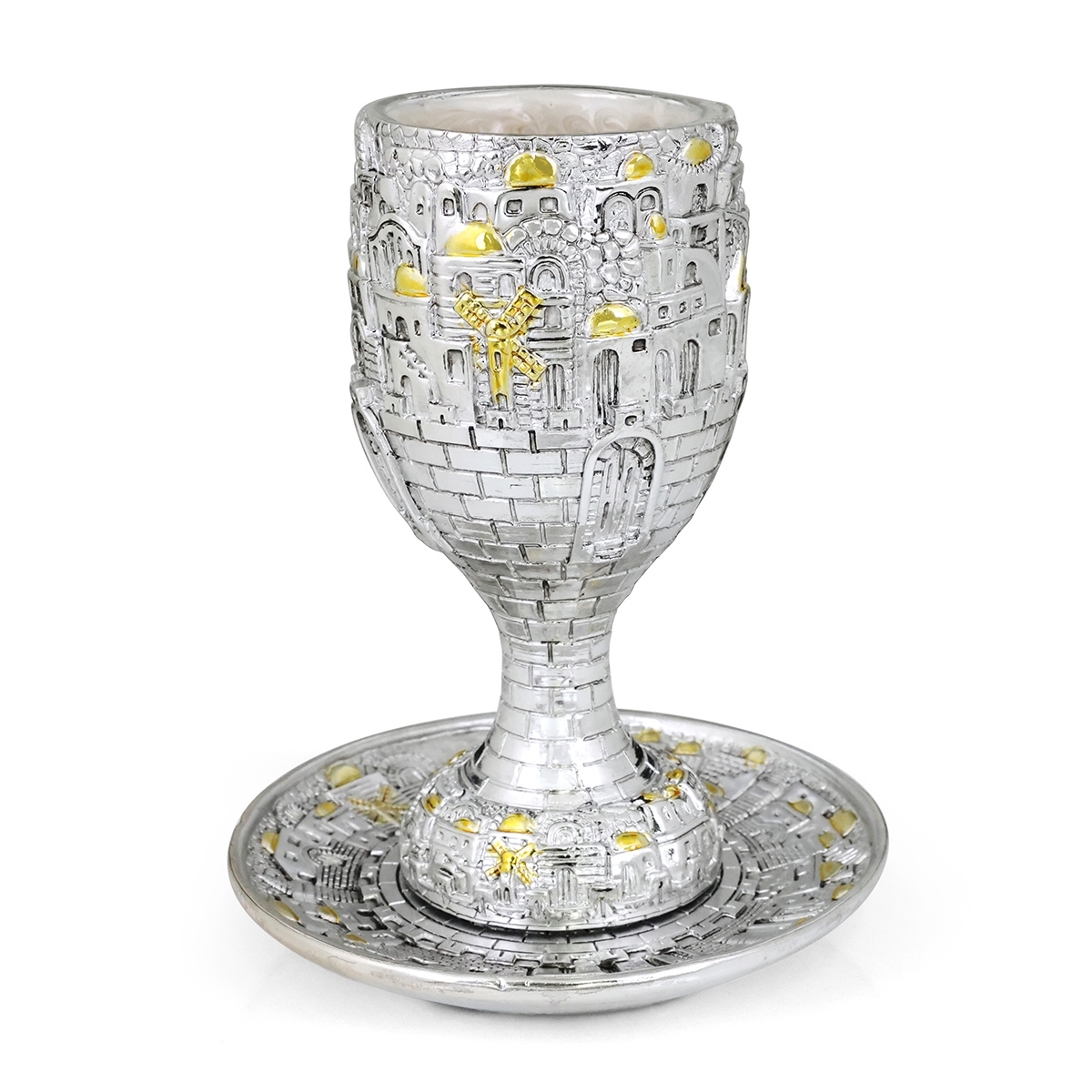
These days, the shofar (שופר) is associated with the high holidays of Rosh Hashanah and Yom Kippur, though it is blown every day of the month beforehand, in Elul. While shofars may look similar one to the next, at Judaica Webstore, our shofars are all made in Israel and come to you with a kosher certificate, meaning they can be used for the High Holidays, or else come with beatiful artwork that has been painted or plated on, often with personalized options. These are unique, natural products, so you want to make sure to purchase only the top quality to ensure a crisp, clear sound and a long lasting shofar.
This year, Rosh Hashanah falls on Wednesday, October 2nd, Yom Kippur begins Friday, October 11th, and the month of Elul starts September 4th, so make sure that you have a shofar before then. Still have questions about shofars?
Why do Jews use a shofar?
The Jews use a shofar, historically for many more occasions than it is used for now, including the pronouncement of a new month, a new king, the arrival of Shabbat and Sabbatical years, and as a war horn to name just some of the uses. On a spiritual level, the sound of the Shofar is supposed to mimic the cries of a mother, to open each individual’s souls to accept mercy and begin growing for the better, as well as to appeal to God’s mercy that He should hear our cries and take pity on our plights.
When and why is the shofar blown?
In modern times, someone blasts the shofar every day during morning services in synagogue throughout the month of Elul, except on Shabbat. The shofar is also used during Rosh Hashanah prayer services and at the end of Yom Kippur to signify the end of the Day of Atonement and by extension the fast.
Do different shofar sounds mean different things? Is there a specific order?
Yes! There are three main types of blasts: Tekiah (תקיעה), Shevarim (שברים), and Teruah (תרועה). You will hear all three of these blasts on the holiday of Rosh Hashanah. The sound of the shofar sounds like wailing, in order to invoke the attribute of mercy from G-d onto the Jewish people during this time of repentence and growth.Tekiah is one single long blast of the shofar, while Shevarim is three short blasts that are sounded one right after the other. Teruah is a series of short blasts, also done in quick succession. Tekiah Gedolah is when someone blows the shofar once for as long as they can.
These shofar sounds are

